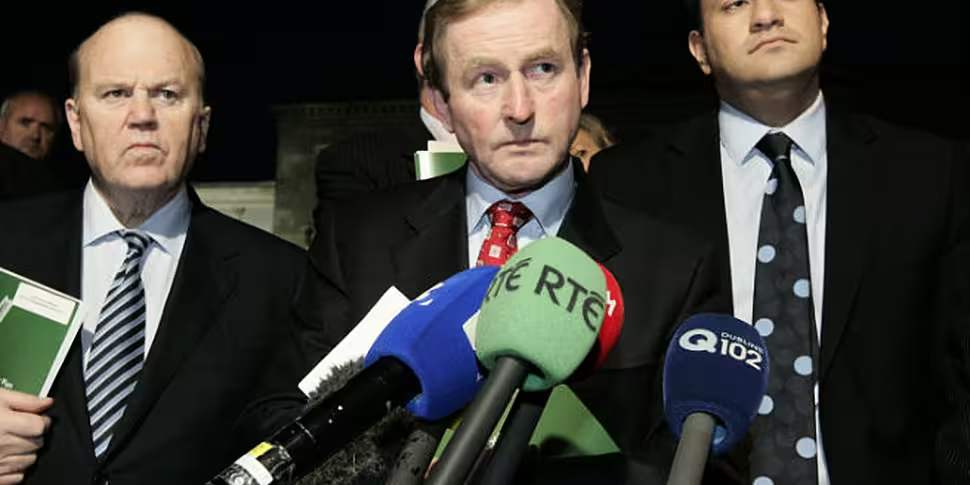Irish people earning a salary of €35,800 pay almost the same amount of personal tax as those living in Sweden, and more than our neighbours in the UK.
As Budget 2016 draws closer all eyes will be on where the government decides to cut, and to increase taxes.
Cora O'Brien, policy director from the Tax Institute of Ireland joined Pat Kenny this morning to discuss the level of tax paid by Irish workers.
Ireland already has a low tax base, and almost one-in-three earners could be paying no income tax or Universal Social Charge (USC) after this Budget.
With some €750m available for tax cuts, the Government is likely to cut this charge, and could alter the bands within the tax, meaning that people on lower incomes will pay less.
Ms O'Brien points out that those earning close to €35,000 will only take home between €180 and €190 extra a year (some €15 extra per month) if this change is made.
She points out that the real benefit of such a policy could be psychological, rather than financial - it shows Irish workers that "there is a willingness to bring the rates down" - and signals that more significant reductions will come when and if they can be afforded.
It could also bring a whole sector of society below the "psychological barrier" of paying more than 50% to the government every time that they get paid.
Personal taxes for high earners in Ireland are among the highest in Europe, with workers who earn €75,000 paying more than their counterparts in Sweden.
Ms O'Brien comments that focusing taxes on income, rather than other areas of the economy can be "one of the most damaging" ways to increase taxes - as it can discourage people from taking on extra work or working overtime, and it also makes it harder to attract international talent and companies to Ireland.
The Economic and Social Research Institute (ESRI) has warned the Coalition against inflating the economy by running an expansionary Budget this year.
Economists with the think tank advises Finance Minister Noonan to adopt a neutral budget that avoids personal tax cuts.
After years of austerity and an election looming, the €1.5 billion in spending increases and lower taxes planned for Budget 2016 would prove popular with the electorate.
But do you agree or would you prefer to have more money in your pocket?









